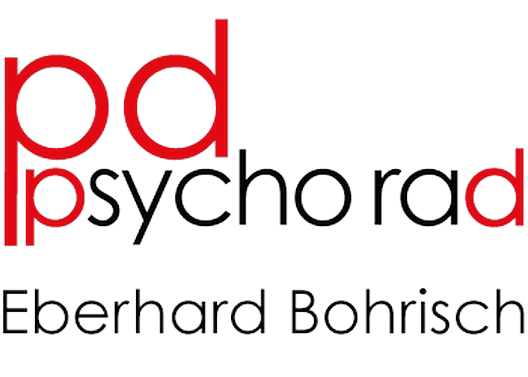What would your friend say if he heard you just now?
What it is like to see yourself through the eyes of others.
The question of another person’s presumed thoughts about what I have just done or said forces a change of perspective. Holding on to one’s own point of view as the only possible and naturally correct one is thus made more difficult, and change processes are triggered.
This form of Circular Questioning was developed by the MilanoGroup around 𝐌𝐚𝐫𝐚 𝐒𝐞𝐥𝐯𝐢𝐧𝐢 𝐏𝐚𝐥𝐚𝐳𝐳𝐨𝐥𝐢 in the 1970s and has become something like the hallmark of Systemic Work.
I can observe in myself that thinking in circles and feedback loops has become an everyday habit for me.
Even when looking for my blind spots and the parts I don’t want to see, it can help me to ask myself in a circular way what this or that person would say if I asked: „Tell me, what aspects of myself do you think I don’t want to see?“
That’s two loops now. If you want, just try it out. You can then add another loop to it by asking that person themselves, „I was wondering the other day what you would say if I asked you what aspects of myself you think I don’t want to look at. I guessed the following. Have I met your possible thoughts?“
This is sure to be an exciting conversation!
Circular thinking is also fruitful in entirely different areas of life, e.g. in technology impact assessment. With all interventions in systems, there must always be the thought of what consequences might be triggered by my actions in areas that are not in the target area of my activities.
I believe that coaching is helpful and successful when we as coaches accompany our clients with interest and appreciation, as well as in mutual freedom, in their search for their solutions and enable them to #changeperspective.
As one of the few active coaches with over 50 years of experience, I offer all my competencies as a perspective change fan.
